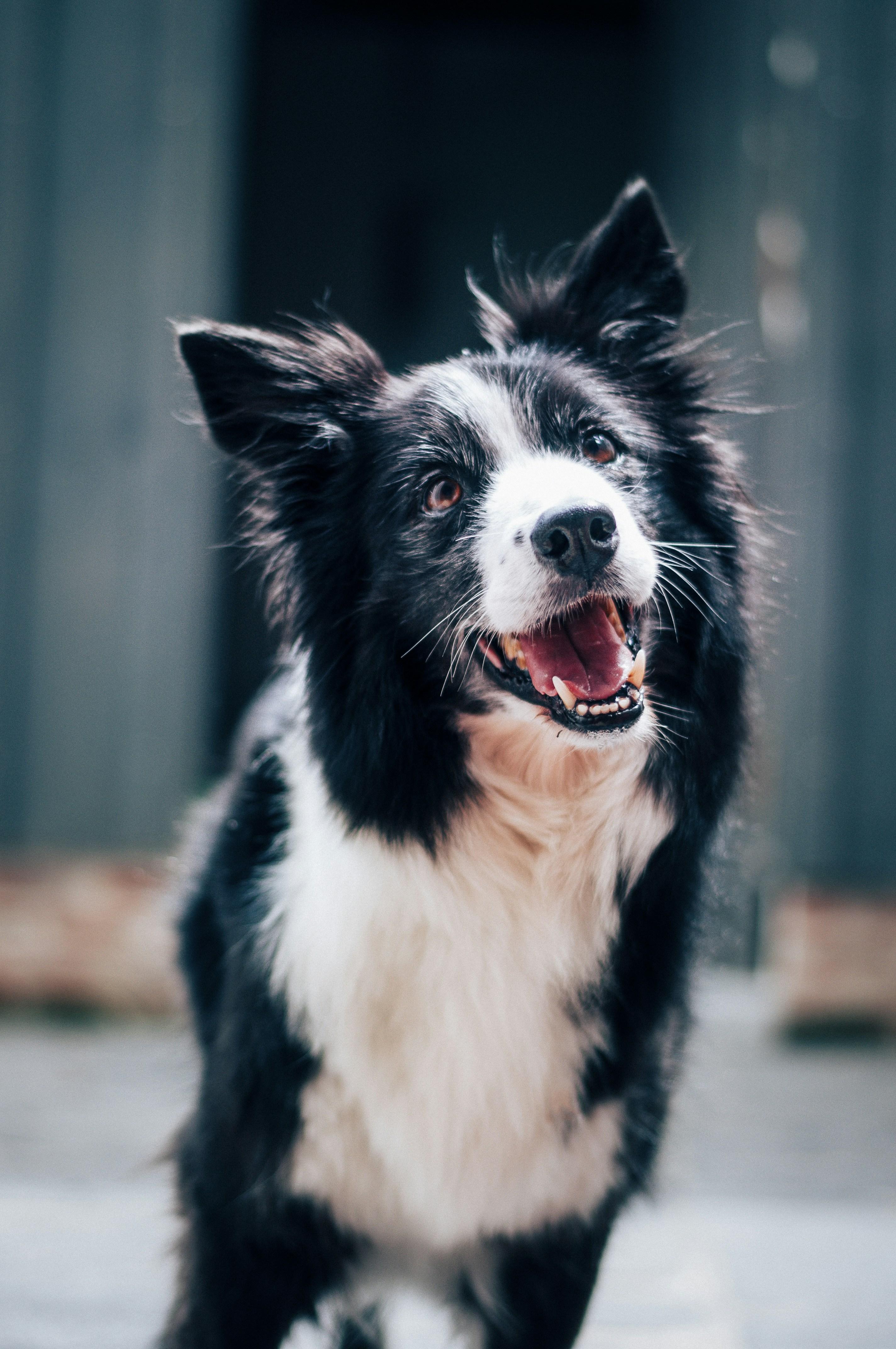As the years gracefully weave their tapestry of time, our cherished pets, who once bounded through our homes with youthful exuberance, begin to move a bit slower, their eyes holding the wisdom of countless shared moments. Just as we cherish the golden years of our human loved ones, our senior pets deserve a special kind of care, filled with love, understanding, and expert attention. This journey of caring for our aging companions is a tender one, marked by gentle pats, cozy naps, and the deepening of an already profound bond. Welcome to our heartfelt guide on “,” where we will explore compassionate and practical ways to ensure that your furry friend enjoys their twilight years in comfort and joy. Together, let’s make these precious moments as golden as they deserve to be.
Creating a Comfortable Living Environment for Your Senior Pet
As your beloved pet ages, it’s essential to create a living space that caters to their changing needs. Start by ensuring that their sleeping area is easily accessible and offers ample support. Orthopedic beds can help alleviate joint pain and provide the comfort they need. Place their bed in a quiet, draft-free corner of your home to promote restful sleep.
In addition to a cozy sleeping area, consider these adjustments to make your home more senior-pet-friendly:
- Non-slip rugs: Place these on slippery floors to prevent falls.
- Ramps or stairs: Help them navigate furniture or get into vehicles with ease.
- Easy-access food and water: Ensure bowls are at a comfortable height to reduce strain.
- Safe spaces: Create quiet areas where they can retreat and relax away from household commotion.
Nutritional Needs and Dietary Adjustments for Aging Pets
As our furry companions age, their nutritional needs evolve, requiring careful adjustments to their diet. Senior pets often benefit from foods that are lower in calories but rich in essential nutrients. Here are some key dietary adjustments to consider:
- Protein: High-quality protein helps maintain muscle mass, which can wane as pets get older.
- Fiber: Increased fiber aids in digestion and can help manage weight.
- Fatty Acids: Omega-3 and Omega-6 fatty acids support joint health and maintain a shiny coat.
- Antioxidants: Ingredients like vitamins E and C combat oxidative stress and boost the immune system.
- Hydration: Ensure your pet has constant access to fresh water, as older pets are more prone to dehydration.
Consulting with a veterinarian can help tailor a diet plan specific to your pet’s health needs, ensuring their golden years are filled with vitality and joy.

Exercise and Mental Stimulation: Keeping Your Senior Pet Active
As your furry friend enters their golden years, it’s essential to keep their body and mind engaged. Regular physical activity helps maintain muscle tone and joint health, while mental stimulation can ward off cognitive decline. Here are some gentle yet effective ways to keep your senior pet active:
- Gentle Walks: Opt for shorter, more frequent walks to accommodate their aging joints. Soft surfaces like grass or dirt trails are easier on their paws and joints.
- Interactive Toys: Puzzle feeders and treat-dispensing toys can provide mental challenges that keep their mind sharp.
- Low-Impact Exercises: Swimming is an excellent low-impact exercise that can help maintain muscle strength without stressing their joints.
- Training Sessions: Short, positive reinforcement training sessions can stimulate their brain and strengthen your bond.
Remember, the key is consistency and moderation. Always consult your veterinarian to tailor an exercise and mental stimulation plan that’s best suited for your senior pet’s specific needs.

Recognizing and Managing Common Health Issues in Senior Pets
As our furry friends age, they become more susceptible to certain health issues. Recognizing these conditions early can make a significant difference in their quality of life. Some common health issues in senior pets include:
- Arthritis: Look for signs such as limping, stiffness, or difficulty climbing stairs.
- Dental Disease: Bad breath, difficulty eating, and pawing at the mouth can be indicators.
- Kidney Disease: Increased thirst, frequent urination, and weight loss are common symptoms.
- Diabetes: Watch for excessive thirst, increased appetite, and unexplained weight loss.
- Heart Disease: Coughing, fatigue, and difficulty breathing can signal heart problems.
Managing these issues involves regular veterinary check-ups, a balanced diet, and appropriate exercise. Additionally, consider integrating joint supplements and specialized diets tailored to your pet’s needs. Always consult with your veterinarian before making any significant changes to your pet’s routine.


































